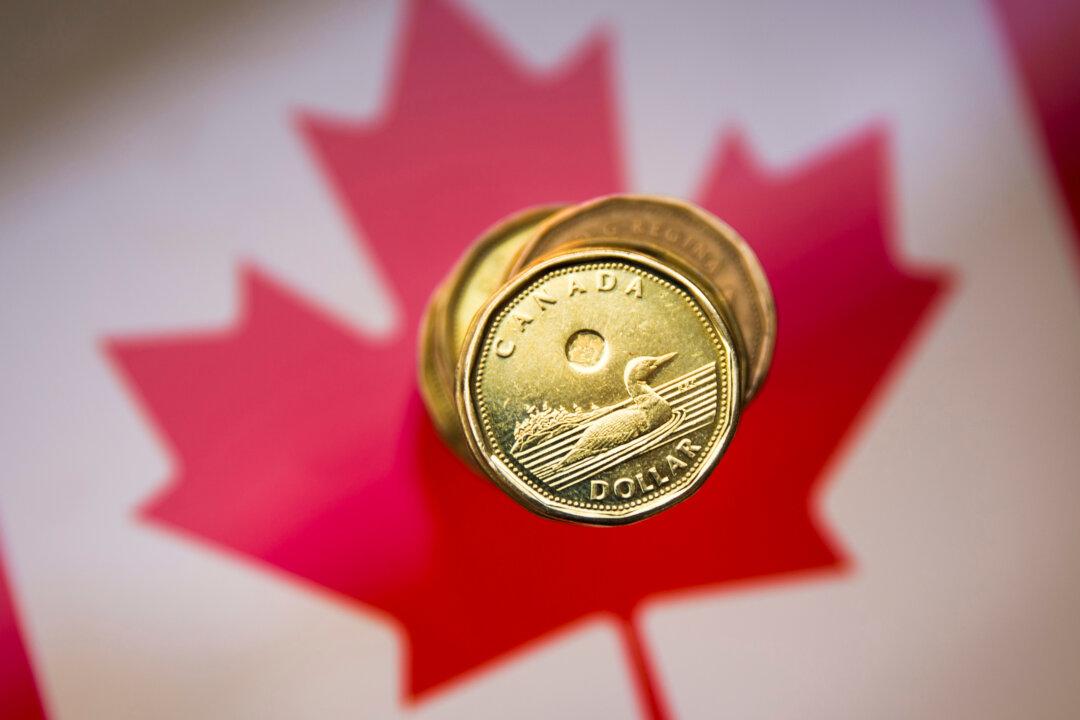Tax Freedom Day in Canada falls on June 19 this year, according to the Fraser Institute.
Tax Freedom Day refers to when Canadians would theoretically start working for themselves if they paid all their taxes to the government up front starting on Jan. 1.





